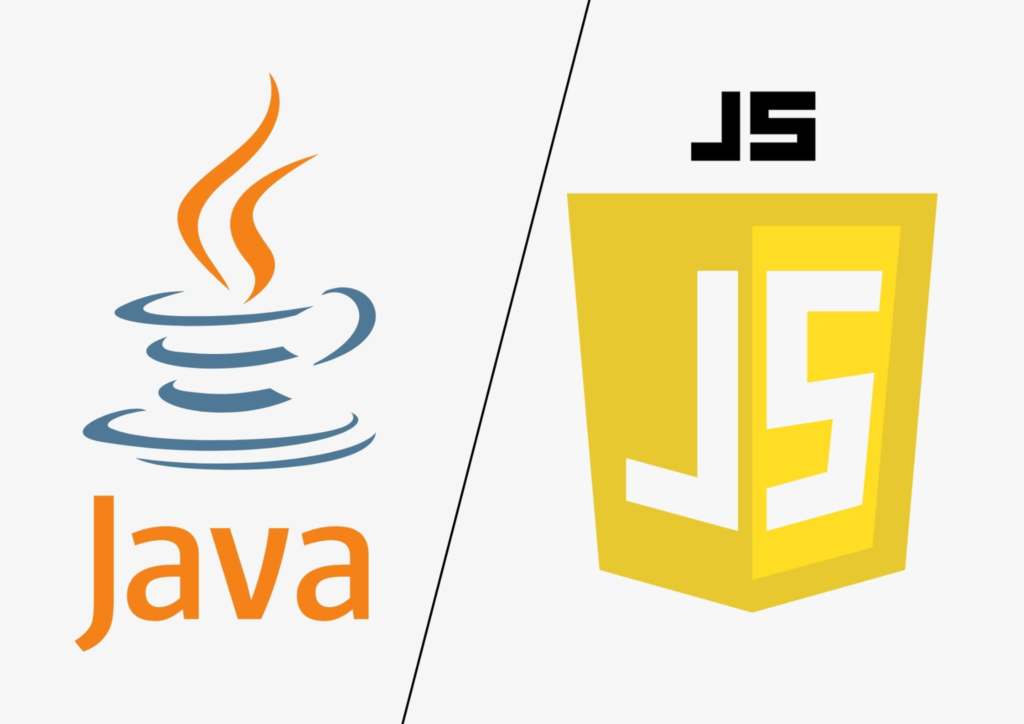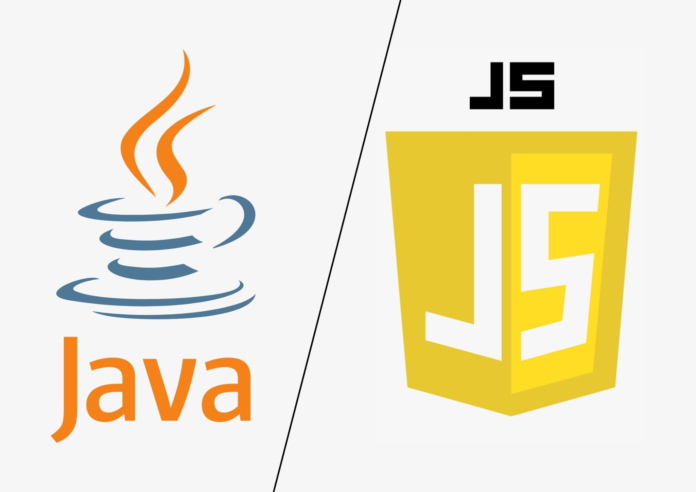Both Java and JavaScript have a lengthy history and are still widely used today. Even if they just sometimes show an interest in the subject, coders will undoubtedly run across these words. JavaScript is used to create HTML pages and browsers, while Java is used to create apps for devices or browsers. The two may, however, also be mistaken for one another. Some people may mistakenly believe that Java is just a more condensed form of JavaScript, however, this is not totally true. Although Java and JavaScript share certain similarities, they each have quite diverse functionalities. This article aims to clarify both the definitions of Java and JavaScript as well as their differences.
What is Java?
Java was created by James Gosling and his colleagues, and it is the most widely taught and used programming language worldwide. The main purposes of this object-oriented, cross-platform programming language are the creation of applications and the administration of databases. It improves memory management and security while overcoming the limitations of C and C++. This language is used to create servlets, struts, JSPs, and android apps, which together make up more than 3 billion mobile phones.
What is Javascript?
An object-oriented scripting language called Javascript (JS) enables programmers to add sophisticated functionality to web browsers and other software. Along with HTML and CSS, Javascript has been a crucial part of web development technology since its creation. A website’s structure and design are provided via CSS and HTML, while interactive features and behaviors may be added using JavaScript. What JavaScript is used for ? Web designers may use Javascript to build websites with many ways for users to interact with the information.
Key Distinctions Between Java and JavaScript

Complexity
The language of choice for novice programmers is JavaScript. It is desirable for startups and effective for developing MVPs.
Java is often the domain of conservative, knowledgeable experts. When developing intricate proprietary systems, industry titans use this language.
Object Oriented Programming
Languages that are object-oriented include Java and JavaScript. Java requires the usage of objects across the whole codebase, but JavaScript is far more lenient and permits basic linear programming without the use of objects. The two basic pillars of object-oriented design, polymorphism, and inheritance are supported by both languages. Because of its dynamic nature and rather complicated syntax needed to describe such things, JavaScript is more difficult to it.
Mobile Application
Mobile operating systems like Symbian and Android support Java. The software on some of the earlier smartphones was also created in Java.
You can create mobile apps using JavaScript, but the feature support is restricted, therefore you’ll need to utilize any third-party tools.
Variable Declaration
Java supports static typing, thus variables and types must be declared before compilation and execution.
JavaScript offers dynamic typing, allowing programmers to specify the type and the variable at any moment. For instance, you do not need to declare the type of the variable “c” at build time. Even throughout the run-time, you could do it.
Compiled vs Interpreted
Java is a compiled language, therefore before the application is made available to the end user, the source code must be compiled by java developers on the server. Because Javascript is an interpreted scripting language, there are often fewer coding limitations because an interpreter may handle source code at runtime.
Development
Although JavaScript is often used in full-stack web development and has found applications on the server side, its success on the back end is not even near to that of its success on the front end.
A tried-and-true backend-only language is Java. Additionally, compared to JS, its cross-platform functionalities are used far more often. Java may be found on smartphones, the web, desktop applications, and embedded devices.
Conclusion
Despite having names that seem similar, JavaScript and Java do not belong to the same platform. JavaScript is an object-oriented scripting language in contrast to Java, which is an object-oriented programming language.
Applications that can be run in a browser or virtual machine are created using the former. The latter, however, may only be used with a browser (or a server when using specific implementations). While one must compile Java code, JavaScript code is entirely in text, and they both need distinct plug-ins. The main characteristics, operations, applications, and career pathways of these two languages vary.



































